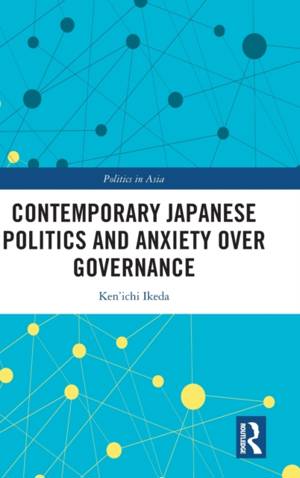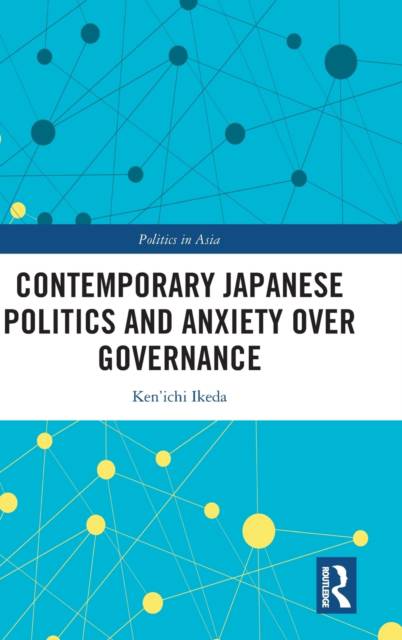
- Afhalen na 1 uur in een winkel met voorraad
- Gratis thuislevering in België vanaf € 30
- Ruim aanbod met 7 miljoen producten
- Afhalen na 1 uur in een winkel met voorraad
- Gratis thuislevering in België vanaf € 30
- Ruim aanbod met 7 miljoen producten
Omschrijving
This book is an integrated examination of Japanese politics in the first two decades of the 21st century, as viewed from the perspective of "anxiety over governance."
By empirically highlighting the social-environmental, political environmental, and sociocultural changes that have underlined the long-term political participation and voting behavior of Japanese citizens, the book provides deep insight into how modern democracies function and are perceived in post-industrial societies and reveals the specific processes by which Japanese politics have changed. Additionally, the book provides an analysis of the decline in social capital, the shrinking variety of political parties, and the intermingling of Asian values with liberal democratic values. By examining anxiety over governance, the chapters explore the links between anxiety and Japanese political behavior, revealing that, despite the high regard for democratic politics, Japanese citizens generally experienced a high level of anxiety and negative evaluation of the government, including countermeasures against COVID-19.
Featuring surveys of Japanese political behavior over a period of more than 40 years, this book will be valuable reading for students and scholars of Japanese Politics, Political Behavior, and Psychology.
Specificaties
Betrokkenen
- Auteur(s):
- Uitgeverij:
Inhoud
- Aantal bladzijden:
- 232
- Taal:
- Engels
- Reeks:
Eigenschappen
- Productcode (EAN):
- 9781032159331
- Verschijningsdatum:
- 30/12/2022
- Uitvoering:
- Hardcover
- Formaat:
- Genaaid
- Afmetingen:
- 156 mm x 234 mm
- Gewicht:
- 521 g

Alleen bij Standaard Boekhandel
Beoordelingen
We publiceren alleen reviews die voldoen aan de voorwaarden voor reviews. Bekijk onze voorwaarden voor reviews.











